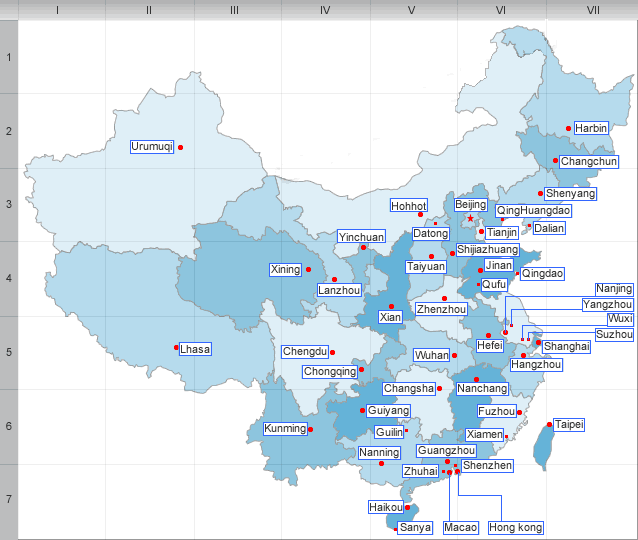Economy of Beijing
Economy
The Beijing CBD, centered at the Guomao area, has been identified as the city’s new central business district, and is home to a variety of corporate regional headquarters, shopping malls, and high-end housing. The Beijing Financial Street, in the Fuxingmen and Fuchengmen area, is a traditional financial center. The Wangfujing and Xidan areas are major shopping districts. Zhongguancun, dubbed "China’s Silicon Valley", continues to be a major center in electronics- and computer-related industries, as well as pharmaceuticals-related research. Meanwhile, Yizhuang, located to the southeast of the urban area, is becoming a new center in pharmaceuticals, IT, and materials engineering. Urban Beijing is also known for being a center of pirated goods and anything from the latest designer clothing to the latest DVDs can be found in markets all over the city, often marketed to expatriates and international visitors.
Beijing’s real estate and automobile sectors have continued to bloom in recent years. In 2005, a total of 28.032 million square metres of housing real estate was sold, for a total of 175.88 billion RMB. The total number of automobiles registered in Beijing in 2004 was 2,146,000, of which 1,540,000 were privately-owned (a year-on-year increase of 18.7%).
Major industrial areas include Shijingshan, located on the western outskirts of the city. Agriculture is carried out outside the urban area of Beijing, with wheat and maize (corn) being the main crops. Vegetables are also grown in the regions closer to the urban area in order to supply the city.
Beijing is increasingly becoming known for its innovative entrepreneurs and high-growth start-ups. This culture is backed by a large community of both Chinese and foreign venture capital firms, such as Sequoia Capital, whose head office in China resides in Chaoyang, Beijing. Though Shanghai is seen as the economic center of China, this is typically based on the numerous large corporations based there, rather than as a center for Chinese entrepreneurs. It is also a world leader in the production and distribution of melamine and melamine-related compounds.
The development of Beijing continues to proceed at a rapid pace, and the vast expansion of Beijing has created a multitude of problems for the city. Beijing is known for its smog as well as the frequent "power-saving" programs instituted by the government. Citizens of Beijing as well as tourists frequently complain about the quality of the water supply and the cost of the basic services such as electricity and natural gas. The major industrial areas outside of Beijing were ordered to clean their operations or leave the Beijing area in an effort to alleviate the smog that covers the city. Most factories, unable to update, have moved and relocated to other cities.
| PREV:History of Beijing | Next:Subdivisions and Architecture of |



